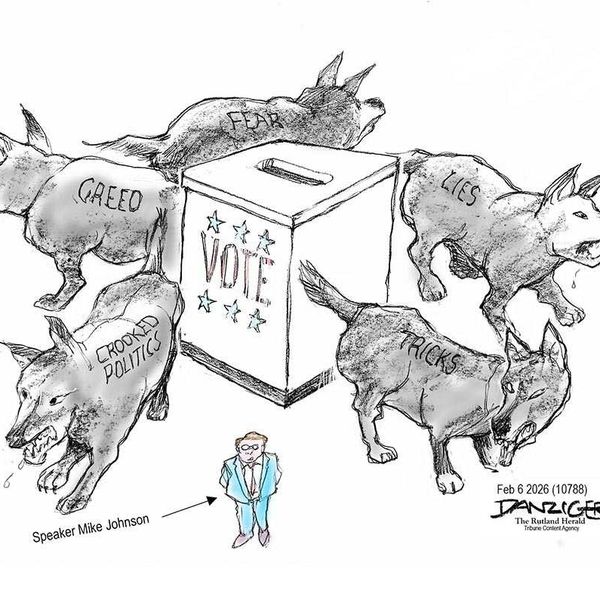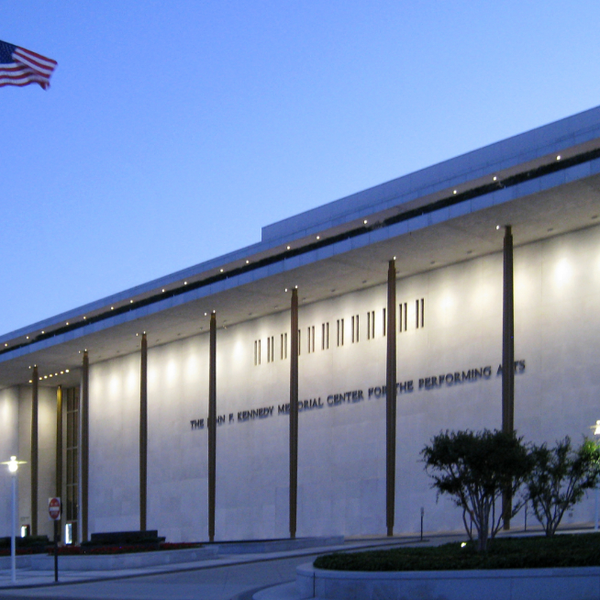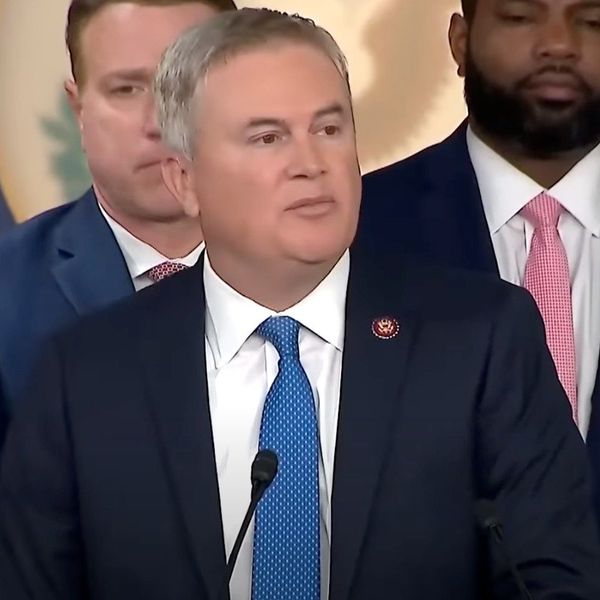Obama Appears To Have Rare Bipartisan Support On Islamic State

By Kathleen Hennessey and Christi Parsons, Tribune Washington Bureau
WASHINGTON — President Barack Obama and his advisers appear to have convinced Americans that the Islamic State militants wreaking havoc in Iraq and Syria are a threat to the United States. This week he’ll try to prove he’s capable of taking them on.
In laying out a plan to use U.S. air power, multinational partners, and proxy fighters to “ultimately destroy” the al-Qaida offshoot, Obama appears to have landed in a rare moment of bipartisan backing. Polls released over the weekend show that sizable majorities of both Republicans and Democrats support Obama’s tactics.
But the support hasn’t immediately translated into a clear political boost for the president or a surge of congressional support for him. In one survey, most Americans said they have little confidence that the plan will succeed and added that his remarks didn’t change their opinion of Obama.
The skepticism reflects the months of sagging public confidence in the president, particularly when it comes to foreign affairs. A summer of crises in Ukraine, the Gaza Strip, and Iraq and Syria has sunk Obama’s approval rating to near lows in some polls. Both friend and foe have criticized the president for his seeming indecisiveness or tentative reaction to global trouble. Democrats running in tight races have kept a safe distance.
The doubts have been clear in Congress, where GOP lawmakers grappled Monday with how to support a strategy from a president they say they do not trust. Meanwhile, administration officials tried to persuade foreign leaders to go all in.
At a conference in Paris on Monday, key players Turkey, Saudi Arabia, Qatar, Lebanon, and the United Arab Emirates agreed to support the Iraqi government in its fight against the Islamic State “by any means necessary, including appropriate military assistance.” But the statement made no reference to taking the fight to Syria, the extremist group’s stronghold.
Pentagon officials announced Monday that the United States had expanded the fight on its own, with airstrikes launched southwest of Baghdad that destroyed an Islamic State fighting position firing on Iraqi government forces. The attack was the first to be conducted as part of the expanded mission announced by Obama last week to help Iraqi troops mount a vigorous new offense against the militant group.
On the diplomatic front, the White House has scheduled a week of events that could burnish the president’s image as commander in chief and demonstrate his willingness to use military might.
Obama is slated Wednesday to visit U.S. Central Command in Tampa, Florida, to huddle with advisers planning newly expanded military operations in Iraq and Syria. The visit will focus in part on how to manage the emerging coalition of allies, senior administration officials said Monday. The president is also expected to address troops at the base.
The visit will follow a similar briefing Tuesday at the Centers for Disease Control and Prevention in Atlanta, where he’ll outline a new effort to use U.S. military resources to fight the Ebola outbreak in West Africa.
The schedule illustrates Obama’s sustained engagement on national security issues, according to senior administration officials, who would not be quoted talking about political strategy. They acknowledged there is more work to do in building support on Capitol Hill.
On Monday, Republican leaders unveiled an alternative to the White House’s request to arm Syrian fighters who oppose the government of President Bashar Assad for battle against Islamic State. The revised proposal added a hefty dose of congressional oversight in an attempt to soothe Republicans wanting to endorse plans to take on Islamic State, but wary of giving the president their backing.
The GOP proposal would require the Pentagon to present to Congress its plan for vetting and arming a Syrian opposition group at least 15 days prior to the first time such support is provided, and update lawmakers every 90 days to determine whether it’s working. A vote could come as soon as Wednesday.
Republicans’ qualified support for Obama’s strategy was in line with the public surveys. Six in 10 Democrats and a slightly larger share of Republicans said they backed Obama’s plan, according to a Pew Research Center survey released Monday. Self-identified independents were more skeptical, but overall, Americans supported Obama’s plan by about 53 percent to 29 percent, with 19 percent unsure, the poll found.
But the support came with sizable doubts.
Fewer than 1 in 5 of those surveyed by Pew said they thought U.S. military action would make America safer from a terrorist attack, while about one-third said they thought the U.S.-led campaign would increase the chances of being attacked.
Similarly, although nearly two-thirds of Americans said they supported Obama’s strategy, 70 percent said they did not have confidence that it would succeed in degrading or eliminating the threat the group poses, according to a separate poll conducted after his speech last week by the Annenberg Center for NBC News and the Wall Street Journal.
That survey left little sign that Obama’s prime-time speech outlining his strategy had changed his political standing. One in 5 respondents said they walked away with a less favorable opinion of the president, while 26 percent said they had a more favorable opinion. Most — 53 percent — said the speech made no difference. The poll showed his approval rating at about 40 percent.
Administration officials argued Monday that it matters less how the public views Obama and his handling of foreign policy in general than how it views his plans. On that measure, they noted, the president’s policy scores well.
Still, there’s little doubt his Democratic allies are watching the president’s overall approval rating closely. Analysts say a rising anxiety about a new threat compounded by a broader mood of unease about the economy and discontent with Washington could only mean bad news for the president — and his party.
Allies said the president needs more time. After years of reluctance to re-engage in new wars, the public, particularly Democrats, wants to be convinced that the involvement is limited and necessary.
“He has said it,” said Ivo Daalder, president of the Chicago Council on Global Affairs and, until recently, Obama’s ambassador to the North Atlantic Treaty Organization. “Now he has to say it twice, say it again, say it constantly.”
Republicans had a harsher assessment.
Voters see “the president himself and his lack of foreign policy as part of the problem and the reason we’re facing the problems we’re facing right now,” said Neil Newhouse, a Republican pollster and strategist.
AFP Photo
Interested in world news? Sign up for our daily email newsletter!








